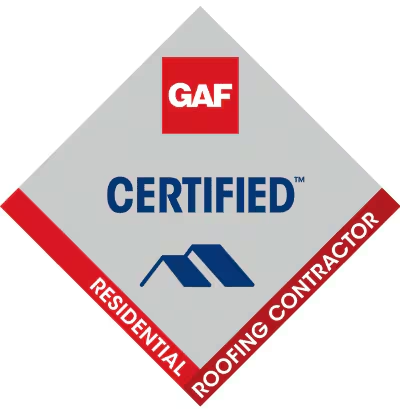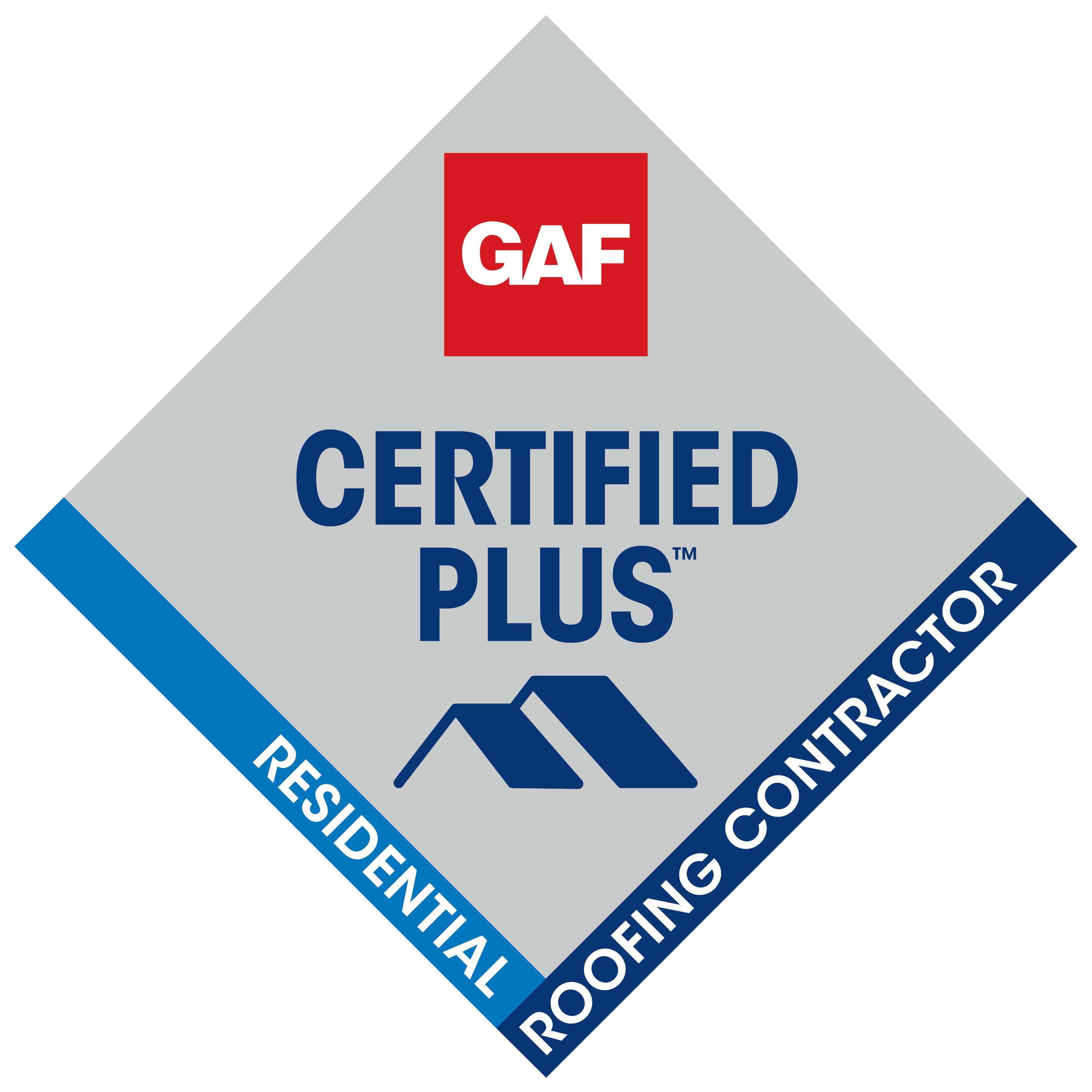Good insulation helps keep your home cozy while cutting down on energy use. Most people are familiar with options like fiberglass batts and blown-in cellulose, but not all insulation types perform the same way, especially when it comes to solving problems like moisture, drafts, and air leaks.
If your home has comfort issues that never seem to go away, it may be time to consider spray foam insulation in Delaware. This modern insulation method doesn’t just block heat—it seals your home in ways traditional materials can’t.
Problem 1: Air Leakage
Air leaks are among the biggest reasons for rising heating and cooling bills. Gaps around wiring, plumbing, recessed lights, and attic framing allow outside air to sneak in and conditioned air to escape.
Fiberglass and cellulose sit in place, but they don’t seal. Air can pass through them unless there’s a separate air barrier. That’s where spray foam stands out.
Spray foam expands as it’s applied, filling every crack and cavity. Once cured, it forms a solid air barrier that prevents drafts and heat loss. For homes with hard-to-reach leaks or unusual framing, spray foam can be the difference between constant HVAC struggles and year-round comfort.
Problem 2: Drafty Attics
Attics are one of the most common areas for temperature swings and uncomfortable drafts. In older homes, especially, it’s not unusual to feel a breeze coming from upstairs—even when all windows are closed.
Spray foam insulation works well in attics because it adheres to roof decks, rafters, and wall cavities. This coverage seals the attic envelope, reducing unwanted airflow and keeping temperatures more consistent. Closed-cell spray foam can also add structural strength to roof framing, which adds a level of durability traditional insulation doesn’t provide.
Problem 3: Moisture Infiltration
Excess moisture can lead to mold, rotting wood, and insulation problems. If your insulation traps dampness, it creates the right conditions for mold and mildew to grow—putting both your home and your health at risk.
Spray foam insulation resists moisture. Closed-cell foam, in particular, acts as both an insulator and a vapor barrier. It blocks moisture from entering walls and ceilings, helping to reduce the chance of mold growth. It also doesn’t sag or settle over time, unlike fiberglass, which can lose effectiveness once it gets wet.
For homes in Delaware that experience high humidity or frequent rain, this type of insulation can be a strong line of defense.
Problem 4: Irregular Cavities and Unusual Architecture
Not all homes have clean, square walls and open joist bays. Older homes, remodeled areas, or additions often include unusual cavities and framing that make it hard to install batt insulation evenly. Any gaps or uneven coverage in these areas will lower your home’s overall efficiency.
Spray foam’s expanding application makes it well-suited for these challenges. It conforms to every surface and hard-to-reach space, ensuring full coverage even in oddly shaped areas. This is especially useful in crawl spaces, rim joists, vaulted ceilings, and around framing irregularities.
Problem 5: Mold Prevention
To spread, mold relies on damp conditions and organic surfaces. Some types of traditional insulation can trap moisture, especially if they’re installed in poorly ventilated spaces. This kind of environment often leads to mold problems in spots such as crawl spaces, attics, and basements.
Spray foam helps break the mold cycle by sealing out the moisture that mold needs. Closed-cell foam also adds extra protection because of its dense, water-resistant composition. It won’t support mold growth and can even help reduce condensation along metal pipes or cold walls.
Why Spray Foam Performs Better
Spray foam insulation in Delaware does more than just keep homes warm in the winter and cool in the summer. It addresses issues at their source: air movement and moisture. While fiberglass and cellulose can slow heat transfer, they can’t stop airflow or prevent vapor buildup without additional layers or materials.
When installed correctly, spray foam becomes a barrier that seals, insulates, and protects. This triple function helps explain why more roofing companies in Delaware Ohio now include it as part of whole-home energy upgrades, especially during roof replacements or attic retrofits.
Roofing + Insulation: A Smart Combination
If you’re planning a roof upgrade or tackling comfort issues, it’s a good time to address insulation, too. Attics play a major role in energy efficiency, and combining roof work with new insulation can save time and improve overall results. Spray foam can be sprayed onto roof surfaces, wall cavities, or crawl spaces, forming a durable barrier that holds up over time.
Further Reading:
- Is It Time for a New Roof in Delaware, OH? Repair vs. Replacement
- Roofing 101 for Delaware, OH: Repair, Maintain, and Replace
Choose a Trusted Spray Foam Insulation Provider in Delaware
Not all insulation methods can handle air leaks, moisture, and odd spaces at the same time. Spray foam does—and it’s one of the most effective ways to improve comfort, lower energy use, and prevent moisture buildup and the problems that come with it, like mold.
If you’re searching for dependable spray foam insulation in Delaware or working with roofing companies in Delaware Ohio on a home improvement project, now is a great time to ask about combining roof work and insulation upgrades.
Contact BluSky Roofing today to schedule an assessment and find out how spray foam insulation in Delaware can help make your home more efficient, comfortable, and protected—season after season.




